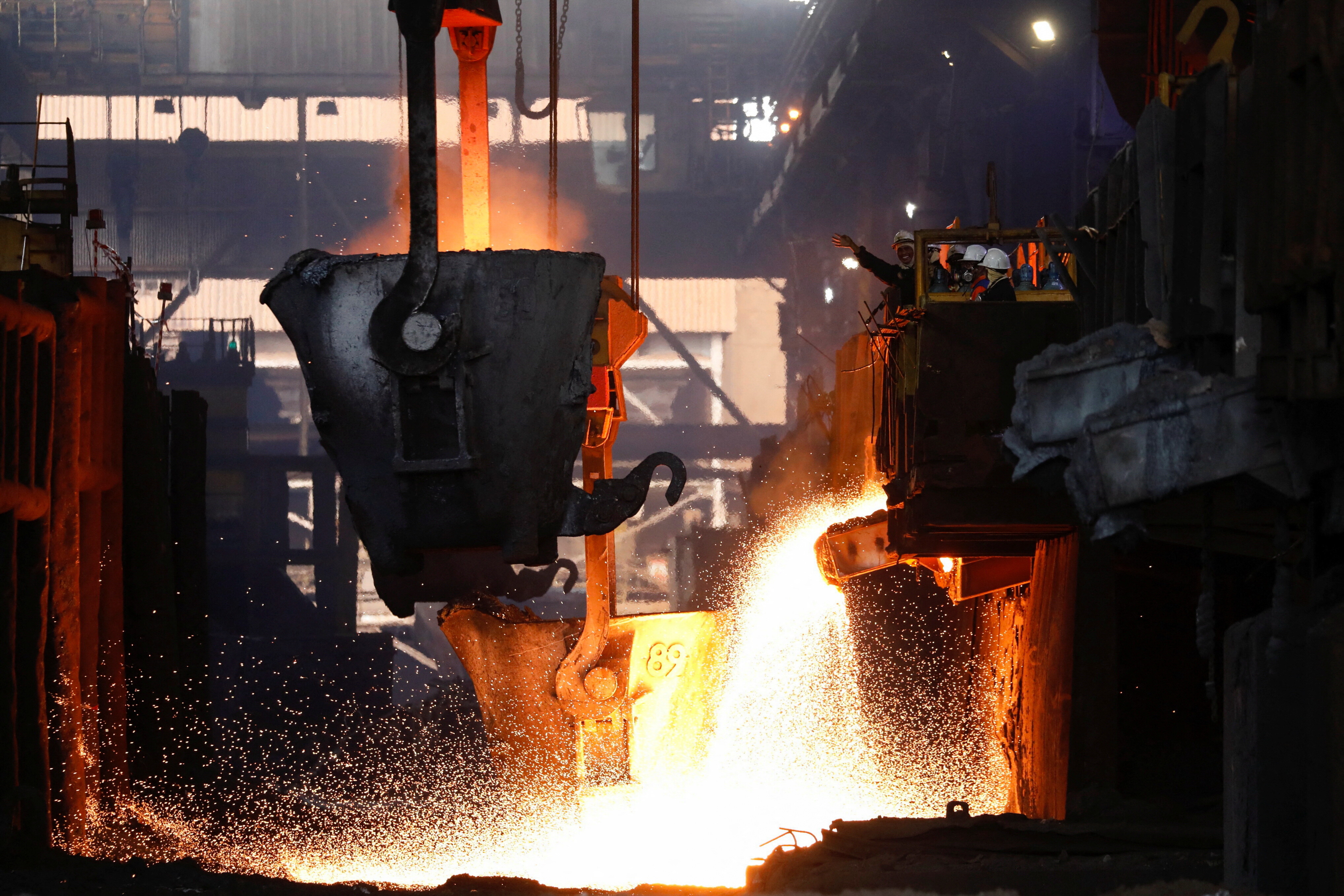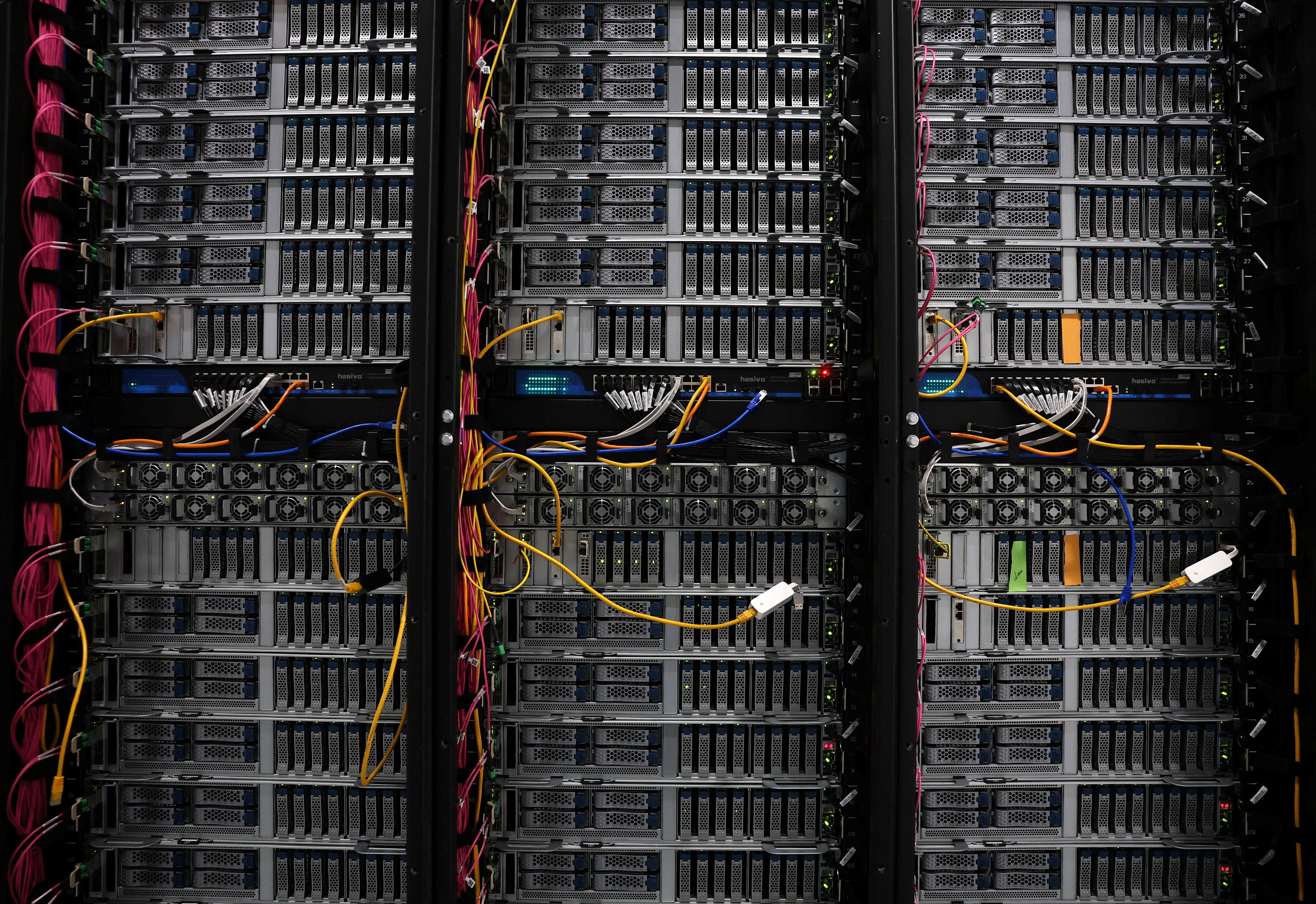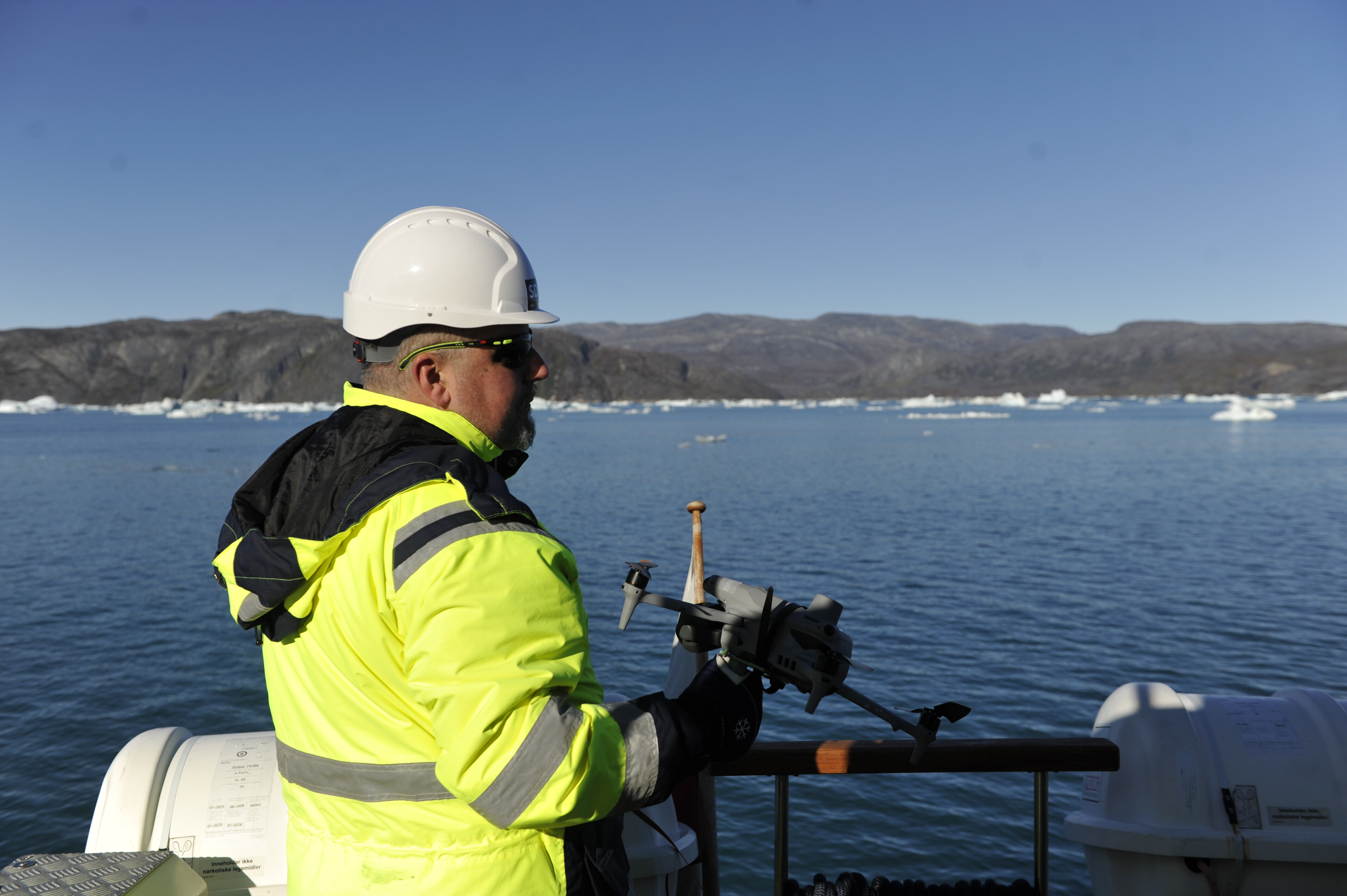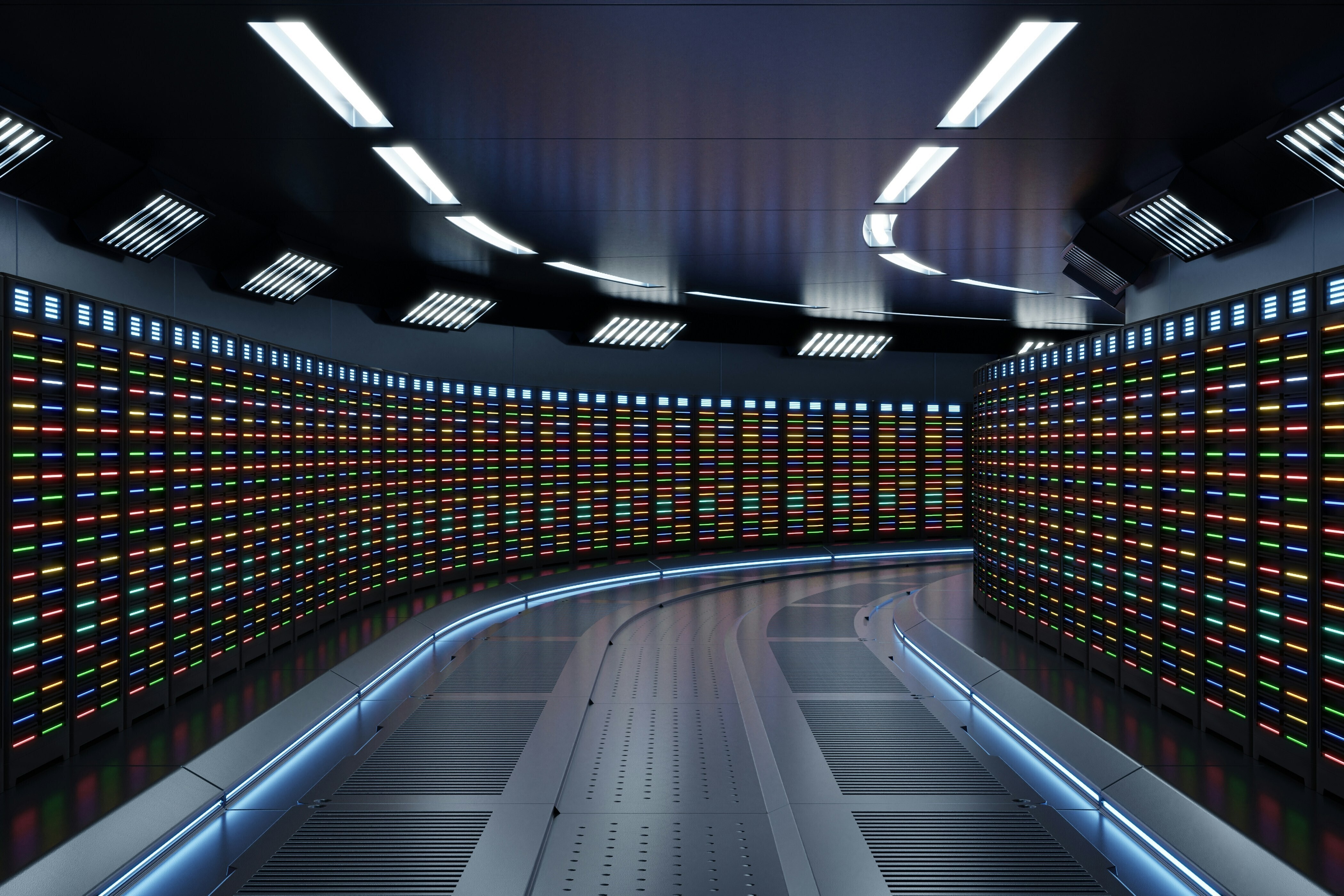We blame robots for work accidents when they're autonomous

Robots can be blamed for workplace accidents, yet they are simply just lines of code - so where should the blame really fall? Image: Markus Spiske/Unsplash
People are likely to blame robots for workplace accidents, but only if they believe the robots are autonomous, according to a new study.
“Robots are an increasingly common feature in the workplace, and it’s important for us to understand how people view robots in that context—including how people view robots when accidents occur at work,” says corresponding author Doug Gillan, a professor of psychology at North Carolina State University.
To explore this issue, researchers conducted a study where they showed 164 people several workplace scenarios in which an accident occurred involving both a human and a robot.
When researchers told participants that the human was operating the robot, they usually blamed the human for the accident. When they learned the robot was autonomous, and that the human was only monitoring it, study participants usually blamed the robot.
“The finding is somewhat intuitive, but it addresses a fundamental issue: when do we transfer responsibility for an error from a human to a robot?” Gillen says.
“The study also raises questions about how quickly autonomous robots may be assimilated into the workplace. Do employers want to buy robots that may be more efficient, but can be blamed for errors—making it more difficult to hold human employees accountable? Or do employers want to stick to robots that are viewed solely as tools to be controlled by humans?”
Don't miss any update on this topic
Create a free account and access your personalized content collection with our latest publications and analyses.
License and Republishing
World Economic Forum articles may be republished in accordance with the Creative Commons Attribution-NonCommercial-NoDerivatives 4.0 International Public License, and in accordance with our Terms of Use.
The views expressed in this article are those of the author alone and not the World Economic Forum.
Stay up to date:
Emerging Technologies
Related topics:
Forum Stories newsletter
Bringing you weekly curated insights and analysis on the global issues that matter.
More on Emerging TechnologiesSee all
Mahmoud Mohieldin and Vera Songwe
November 20, 2025






